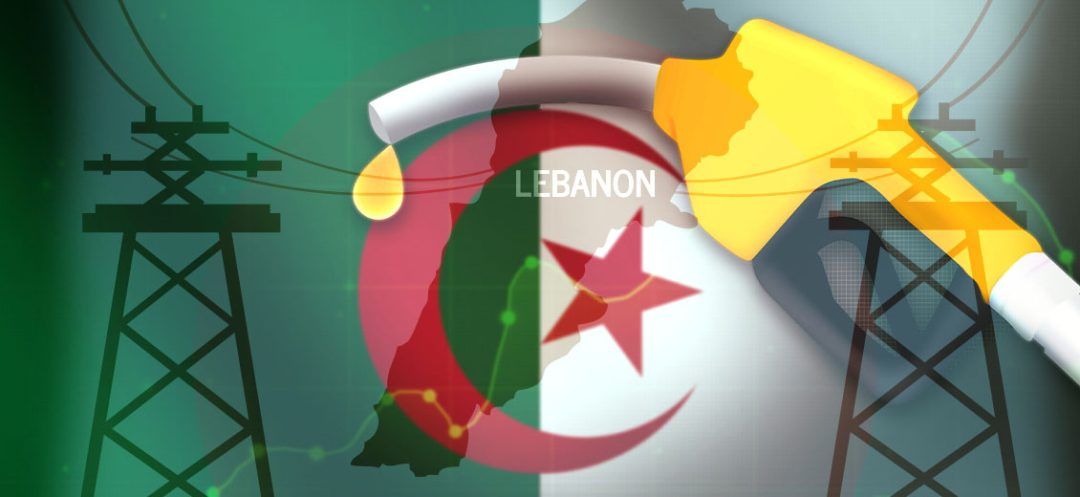
The Algerian ship carrying 30,000 tons of fuel oil, valued at $18 million, as a donation from the Algerian authorities for Lebanon’s electricity sector, is expected to arrive off the coast of Tripoli's oil facilities. However, a last-minute issue has arisen: Can these quantities of fuel oil be used in the Zouk and Jiyeh power plants?
Electricité du Liban (EDL) has addressed a letter to the Ministry of Energy specifying that what is currently needed to operate the Zahrani and Deir Ammar power plants is gas oil (diesel) rather than fuel oil. EDL also highlighted that the specifications provided with the Algerian fuel oil donation do not fully meet the standards of the Lebanese Standards Institution and EDL. Furthermore, there are discrepancies in some of the testing criteria for this fuel oil compared to the established Lebanese standards.
In light of this situation, Electricité du Liban (EDL) suggested to the Ministry of Energy that Algeria substitutes its fuel oil donation with gas oil meeting the specifications required for use in the Zahrani and Deir Ammar power plants. If this substitution is not feasible, EDL suggested that the relevant authorities within the Ministry of Energy arrange a swap to exchange the fuel oil for gas oil.
What is most concerning in this situation is that EDL had flagged the issue of specifications and standards in a letter dated August 21. Despite this warning, the ship proceeded to Lebanon, even though it was known that its cargo could not be used in the power plants. Moreover, the Ministry of Energy launched a tender for the swap process on August 26, with the announcement published on the Public Procurement Authority’s website, and bids set to be opened on September 9. This timeline suggests that, even if the tender is successful, the fuel will not be operational in the power plants until the middle of next month. Should the tender fail, the fuel oil will remain in storage at the facilities indefinitely, unless Algeria opts to recall the ship and its cargo and provide a gas oil donation instead.
Read more



Comments